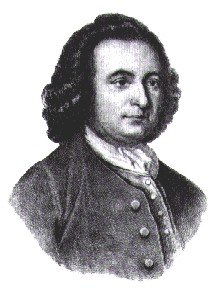 Today we continue our Words From Our Founders series examining the Founding Fathers’ own words on religion, religious liberty, and virtue.
Today we continue our Words From Our Founders series examining the Founding Fathers’ own words on religion, religious liberty, and virtue.
On June 12, 1776, just a few weeks before the signing of the Declaration of Independence, The Fifth Virginia Convention unanimously ratified the Virginia Declaration of Rights. The chief author of the declaration was George Mason. Below are the final two enumerations of the declaration — pertaining to morality and religious liberty — as written by George Mason and edited by the Convention. In addition to the Virginia Declaration of Rights, Mason’s work was influential in the adoption of the U.S. Bill of Rights.
Made by the Representatives of the good People of Virginia, assembled in full and free Convention, which rights to pertain to them and their posterity as the basis and foundation of government. …
XV. That no free government, or the blessing of liberty, can be preserved to any people, but by a firm adherence to justice, moderation, temperance, frugality and virtue, and by a frequent recurrence to fundamental principles.
XVI. That religion, or the duty which we owe to our Creator, and the manner of discharging it, can be directed only by reason and conviction, not by force or violence; and therefore all men are equally entitled to the free exercise of religion, according to the dictates of conscience; and that it is the duty of all to practice Christian forbearance, love and charity towards each other.

